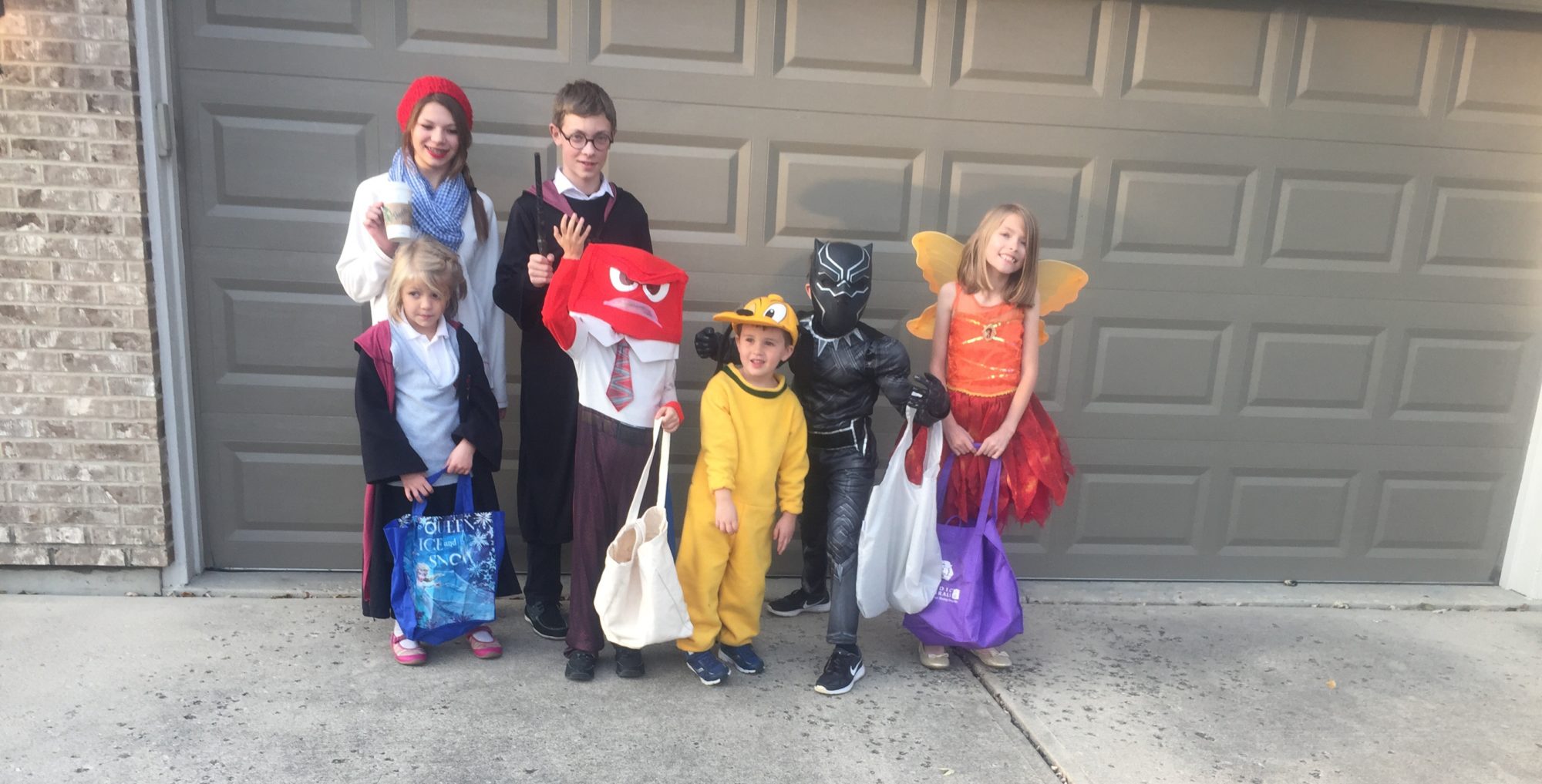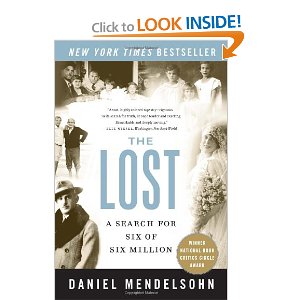For the past three springs and summers, I have read books about World War II. I’m not sure why exactly. I know it is partly because I love history, and it is partly because I want to identify with my grandfathers, both of whom fought in World War II in the Pacific, one in the army, on the ground in the Philippines, and one in the Navy, on a ship in the Pacific. The War fascinates me because it was so vast. I think it’s hard for us today, especially people as removed from it as my generation is, to grasp how far the war reached. It spanned Africa, North America, Asia, and Europe. Australia, New Guinea, tons of tiny Pacific atolls and wakes and islands. It’s just incredible really.
And the atrocities. Staggering and unbelievable Japanese brutality towards POWs. The bombing of London. And the sickest of all, the Holocaust.
Last year I read a book that really changed me. It broke my heart and put a permanent marker on it. A memorial if you will, engraved there. I will never think of the War without thinking of it.
It is the best book I have ever read, hands down. When I say “it changed me” I’m not being dramatic. I will never be the same person I was before I read it. It wasn’t the easiest read, it wasn’t a feel-good read, but oh – I think it is a must-read. It is called, simply, The Lost. The subtitle is: A Search for Six of Six Million.
In this book, the author, Daniel Mendelsohn, a secular, non-observant Jew born and raised in the United States, goes on a quest to find out what happened to his great-uncle, his beloved grandfather’s brother, along with his wife and four daughters. They were killed by the Nazis in Ukrainian Poland – a part of Poland that sort of bounced back and forth between being part of Poland and being the Ukraine – but that’s all any of his family knew. Just that they were killed. Not when, or how, or by whom exactly. They didn’t know if they were together or separated. They didn’t know. They just knew they had been killed. And so a generation later, Daniel set out to find out what his older relatives whispered and wondered about in hushed tones during his childhood.
He didn’t even know all of his great-uncles’ daughters’ names when he started looking. His joy, in the book, when he finds out the last name that he had been missing – to put a name to that life- it’s tremendously touching.
Mendelsohn’s years of dogged research and thousands of miles traveled paid off, and the resulting memoir is heart-breaking, eye-opening, and hopefully life-changing to all who read it. I know I’ll never forget this incredible story. I think I am going to close out my summer by reading the book again. There’s so much about it I already don’t remember, and I never want to forget.
What books have you read that you’ll always remember?


Too many to list! I love them all!
UP
I am going to have toy read this – thanks. I need to step away from the smut as it is.
We’ve been telling you that for years, Rach
Ok I’m going to read that book this weekend.
We’ve discussed this at length, but I loved “Unbroken,” another WWII book.
Books that changed me? That’s an interesting question and one I’ll give some thought to, but at the top of my mind I’d say Geneen Roth’s “Women, Food and God” and Hope Edelman’s “Motherless Daughters.” Oh and of course Judy Blume books that taught me about periods and whatnot.
Very thought-provoking post. A FB friend and cousin who is a female Marine veteran recommended a book about Vietnam POWs called Two Souls Indivisible by James S. Hirsch. I read it on my Kindle. It was very inspiring and was a tale of military brotherhood across racial barriers. I highly recommend it. I also loved Girl in the Green Sweater and Sarah’s Key, both WWII stories. The Hotel on the Corner of Bitter and Sweet is super good and it is a story about the internment of Japanese-Americans on the West Coast in WWII, along with other important themes. As far as life-changing books go, mine is one with limited interest. It is Dawn Comes to the Mountains, a pictorial history of a small community in Eastern KY, in which I found many pictures of my ancestors and a window into the circumstances in which they lived.
Above comment by Diane, not Charlie!!